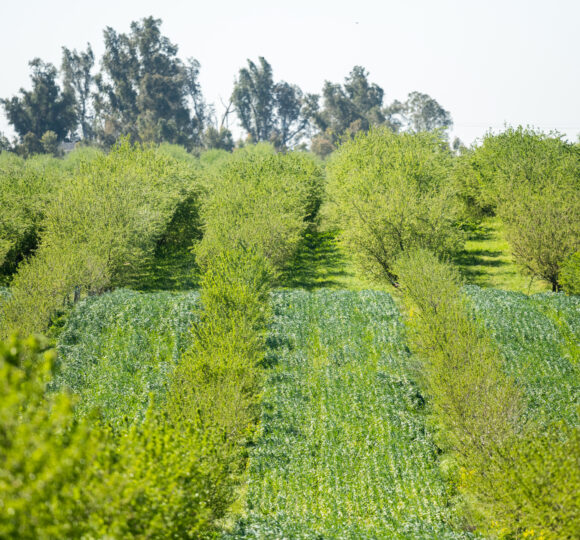This report describes the major provisions in the House-passed 2007 farm bill (H.R. 2419, H.Rept. 110-256) and compares them with current law. By title, major provisions in H.R. 2419 are as follows:
Title I, Commodity Programs: Changes payment limits, modifies loan rates and target prices among commodities, and adds a revenue counter-cyclical payment option, among other program changes.
Title II, Conservation: Reauthorizes, expands, and/or modifies existing programs, and creates new programs and initiatives.
Title III, Agricultural Trade and Aid: Reauthorizes funding for USDA’s food aid, export market development, and export credit guarantee programs; addresses barriers to U.S. agriculture exports.
Title IV, Nutrition: Increases food stamp benefits and modifies food stamp eligibility rules, limits state food stamp “privatization” initiatives, allows “geographic preference” when buying food for schools, and adds money for fresh fruit and vegetable programs for schools and The Emergency Food Assistance Program (TEFAP).
Title V, Agricultural Credit: Expands borrowing opportunities under USDA’s Farm Service Agency loan programs, but does not allow expansion of Farm Credit System lending, as originally allowed in the House-reported bill.
Title VI, Rural Development: Reauthorizes, expands, and/or modifies existing programs, creates new programs, and allows some to expire.
Title VII, Research: Reorganizes the administration of USDA’s research, extension, and economic agencies, requires the President to submit a unified annual budget across agencies, and establishes a new national institution to administer all competitive programs.
Title VIII, Forestry: Proposes changes to existing forestry provisions and allows one program to expire.
Title IX, Energy: Reauthorizes, expands, and/or modifies existing programs, and creates new programs and initiatives.
Title X, Horticulture and Organic Agriculture: Creates a new farm bill title and provides mandatory funding over five years for specialty crop block grants; and provides additional mandatory funding in the areas of pest and disease detection, purchases for nutrition programs, direct producer-to-consumer marketing, and organic certification cost-sharing.
Title XI, Miscellaneous: Changes to crop insurance, animal welfare and inspections, and country-of-origin labeling, among others.
The House-passed H.R. 2419 also authorizes budget offsets to compensate for additional spending on programs in the nutrition and energy titles.





